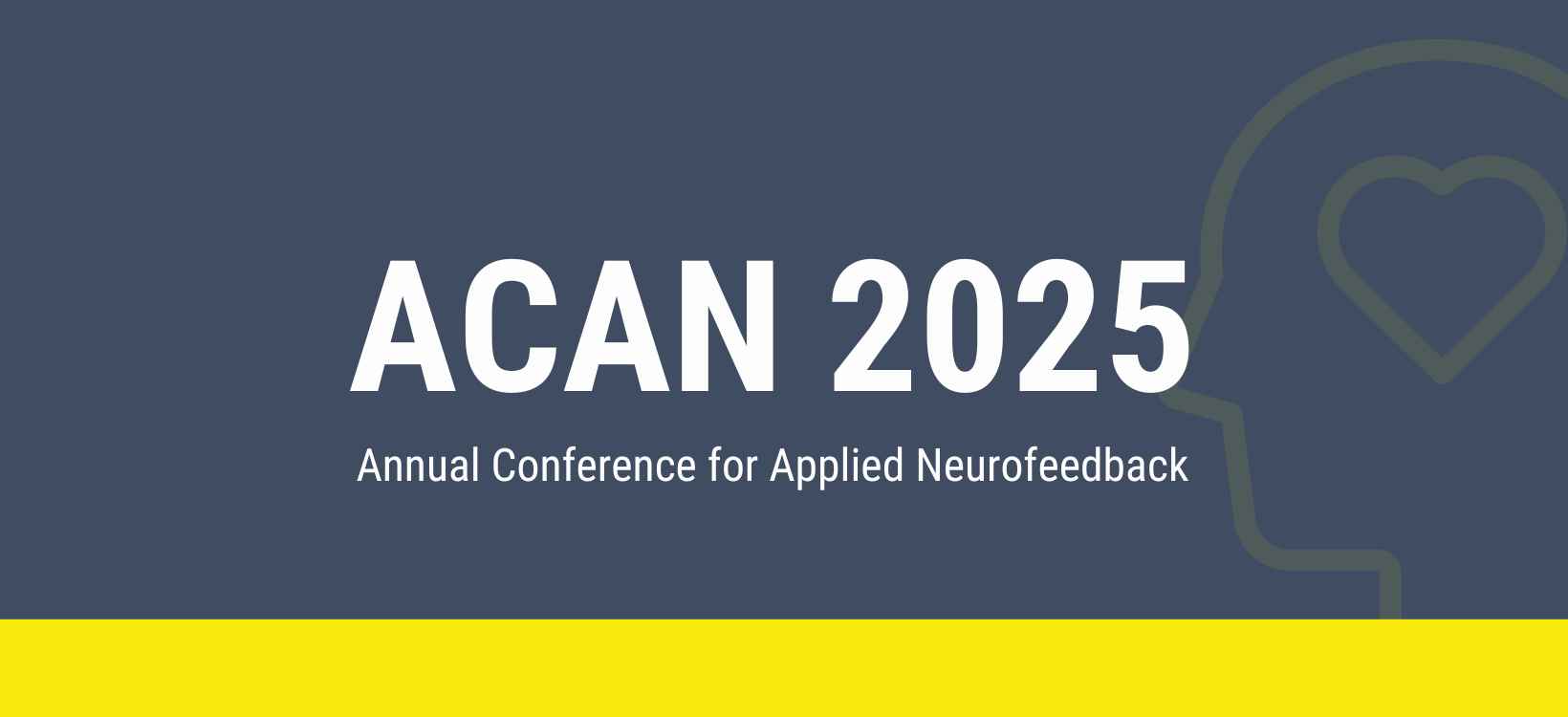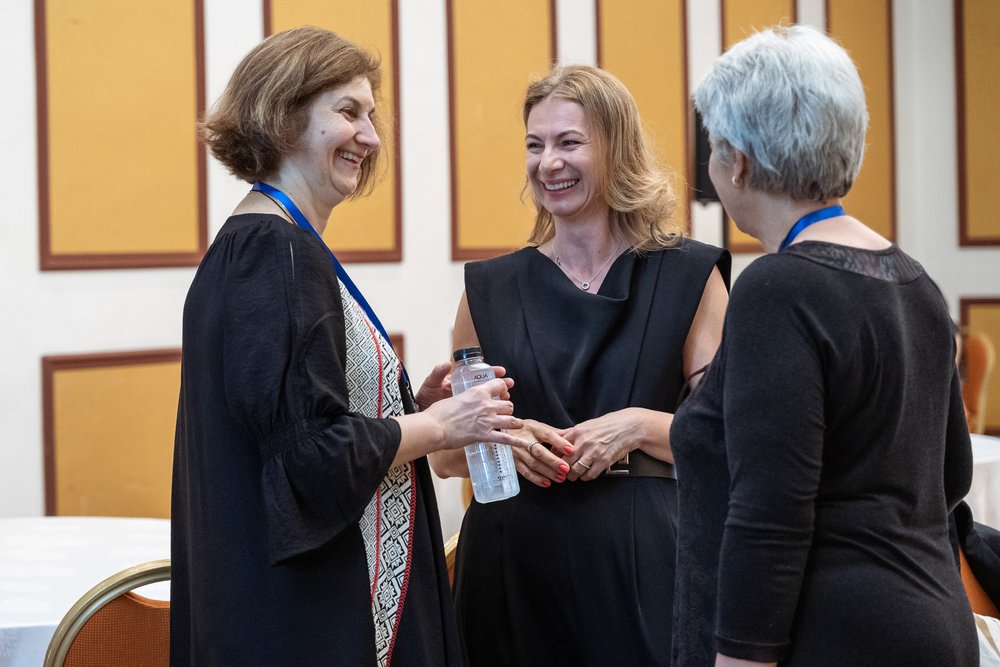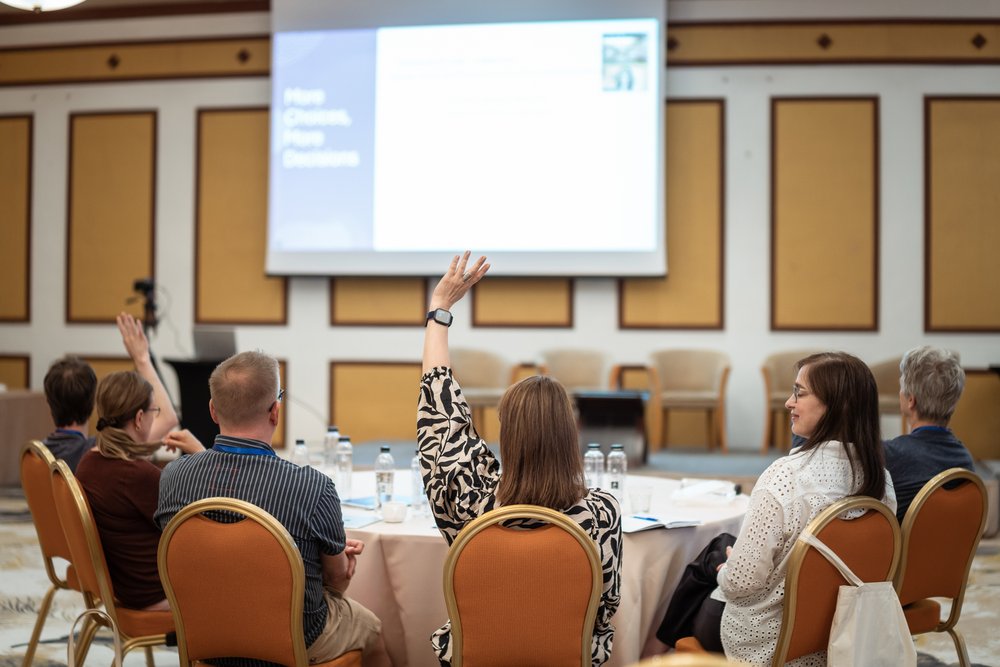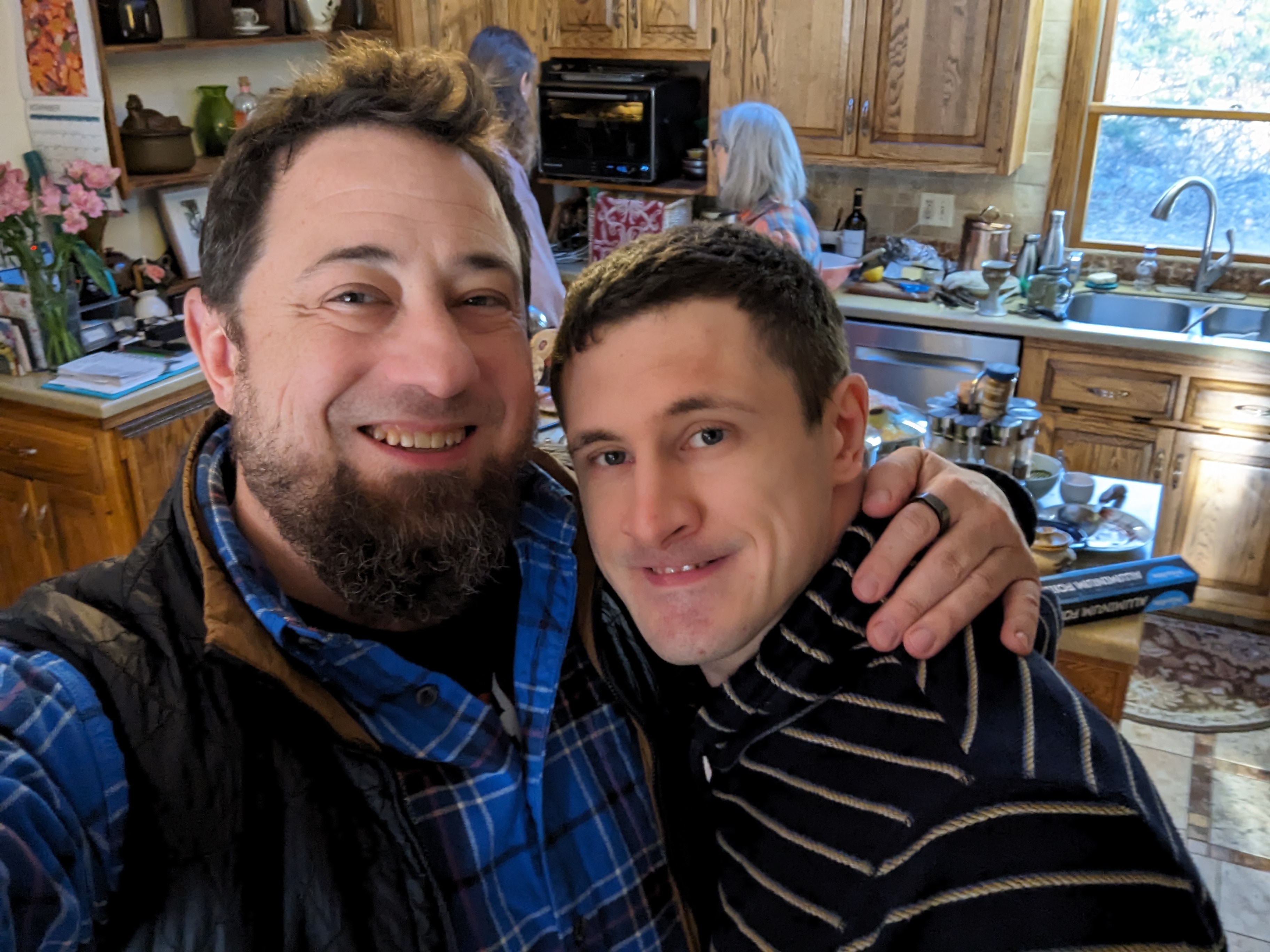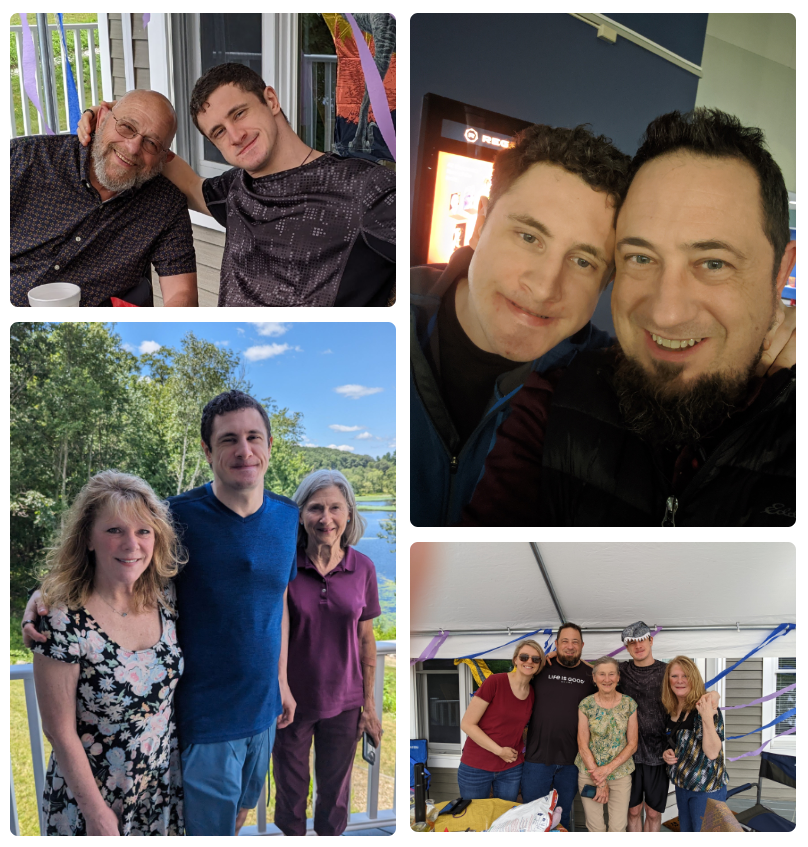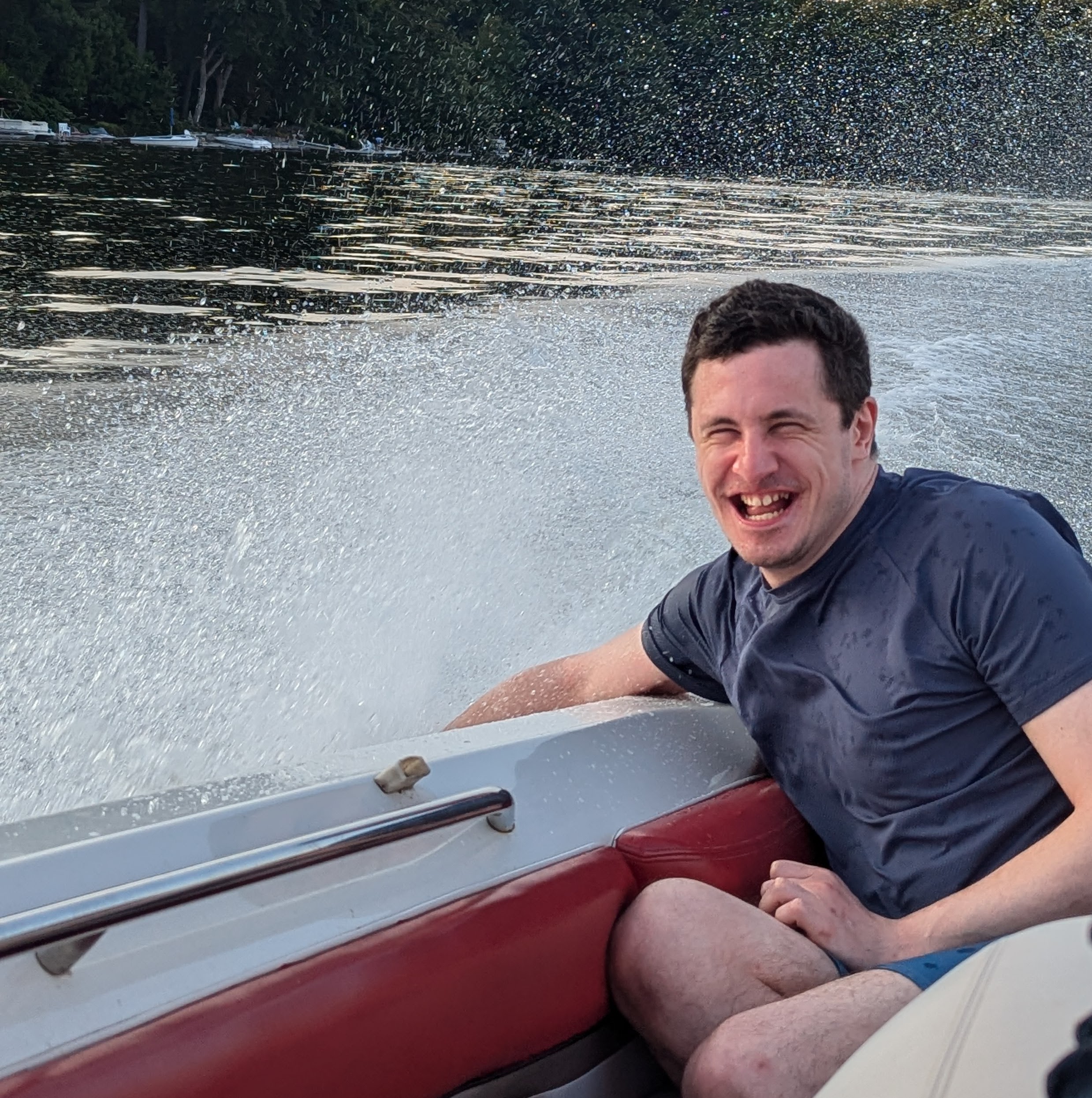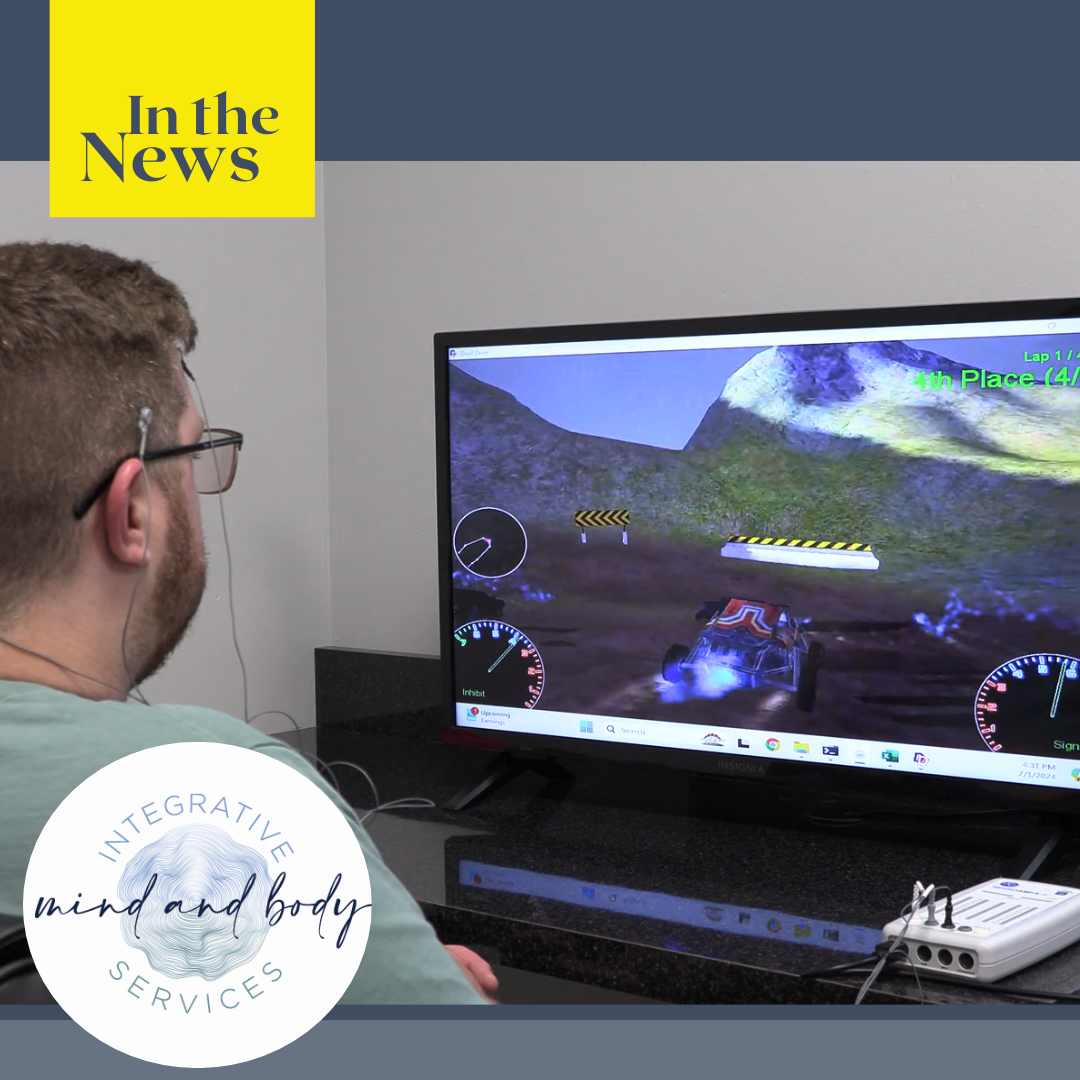Adam, a 31-year-old who has faced significant mental health challenges throughout his life, struggled with episodes that left him unable to engage with the world around him, often confined to bed for weeks at a time. Despite seeking help from numerous medical professionals and trying various treatments, little relief came his way—until neurofeedback entered his life. Thanks to the dedication of Adam’s father, Lone McCord, and the guidance and support of neurofeedback specialist Kim Antonell, Adam began neurofeedback therapy using BEE Medic equipment in 2019. They have followed the Othmer method, using ILF (Infra-Low Frequency) and Synchrony protocols. Adam’s primary treatment sites have been T3-T4 and T4-P4, with recent success at O1-O2 and C3-C4. The team has also experimented with additional sites, like T4-Fp2, T3-Fp1, to further optimize his therapy. Most recently using Pz - Fpz in three sessions has really calmed him down. A key aspect of Adam’s neurofeedback journey is his engagement with the animations during sessions. One of his favorites is the "Dark City" animation in Dreamscapes. "I don’t know why, but he always wants to do it," Lone shares. Using the controller during this animation has greatly improved Adam’s focus, a crucial factor in his treatment success. Along with Dreamscapes, Adam enjoys sessions with the Media Player, InnerTube, and Particle World. To keep his interest high, they’re also exploring new options, such as Arcade and driving games. When the pandemic hit, Adam’s family continued his neurofeedback therapy at home, thanks to Kim's generosity in providing them the equipment. This at-home treatment proved transformative, offering Adam consistent therapy without the distress of leaving home. Over time, Adam became medication-free, and his quality of life improved dramatically. "This is just an unbelievable tool set that BEE Medic continues to innovate and improve," says Lone. Adam's progress has been remarkable. At first, getting him into the clinic for treatment could take hours, but after just a few sessions, the changes in his engagement with the world became strikingly clear. As his treatment continued, Adam's overall well-being improved significantly, enabling him to regain much of the independence he had lost. Notably, after just 10 sessions, his lifelong drooling ceased completely, marking a major milestone in his journey. This year, after a brief pause in neurofeedback, Adam faced a resurgence of some of his previous challenges, including emotional tension that he struggled to process. However, once they resumed treatment at lower frequencies, Adam’s progress was remarkable once again. "Part of the result was an incredible gentleness with his hands. He was able to express his emotions," Lone shares. "Also, his sleep had become very dysregulated. Within those 10 recent sessions, we were able to get him sleeping normally again." His communication is clearer, his eye contact has returned, and his overall engagement with his surroundings has significantly improved. Neurofeedback has not only transformed Adam’s life but has also profoundly impacted his father, Lone McCord. "Because of Neurofeedback and diet changes, I have been able to gather myself and create a successful career," Lone shares. He explains that neurofeedback helped him overcome intense trauma and debilitating ADHD. "I went from being extremely functional about 20% of the time to very functional 90% of the time," Lone continues. With neurofeedback, Lone has found the tools to thrive both personally and professionally, making a lasting impact on their entire family. As we mark World Mental Health Day, Adam’s story is a powerful reminder that mental health challenges can be addressed with the right support and innovative solutions. Neurofeedback has the potential to help individuals like Adam who have struggled with severe mental health issues, offering new hope and avenues for improvement when traditional methods fall short. At BEE Medic, we are committed to advancing neurofeedback technology to empower more people to take control of their mental well-being. Adam’s journey is just one example of the life-changing possibilities that neurofeedback can offer. On this important day, we encourage everyone to continue advocating for mental health awareness and to explore the cutting-edge solutions that are making a difference in lives around the world. |

